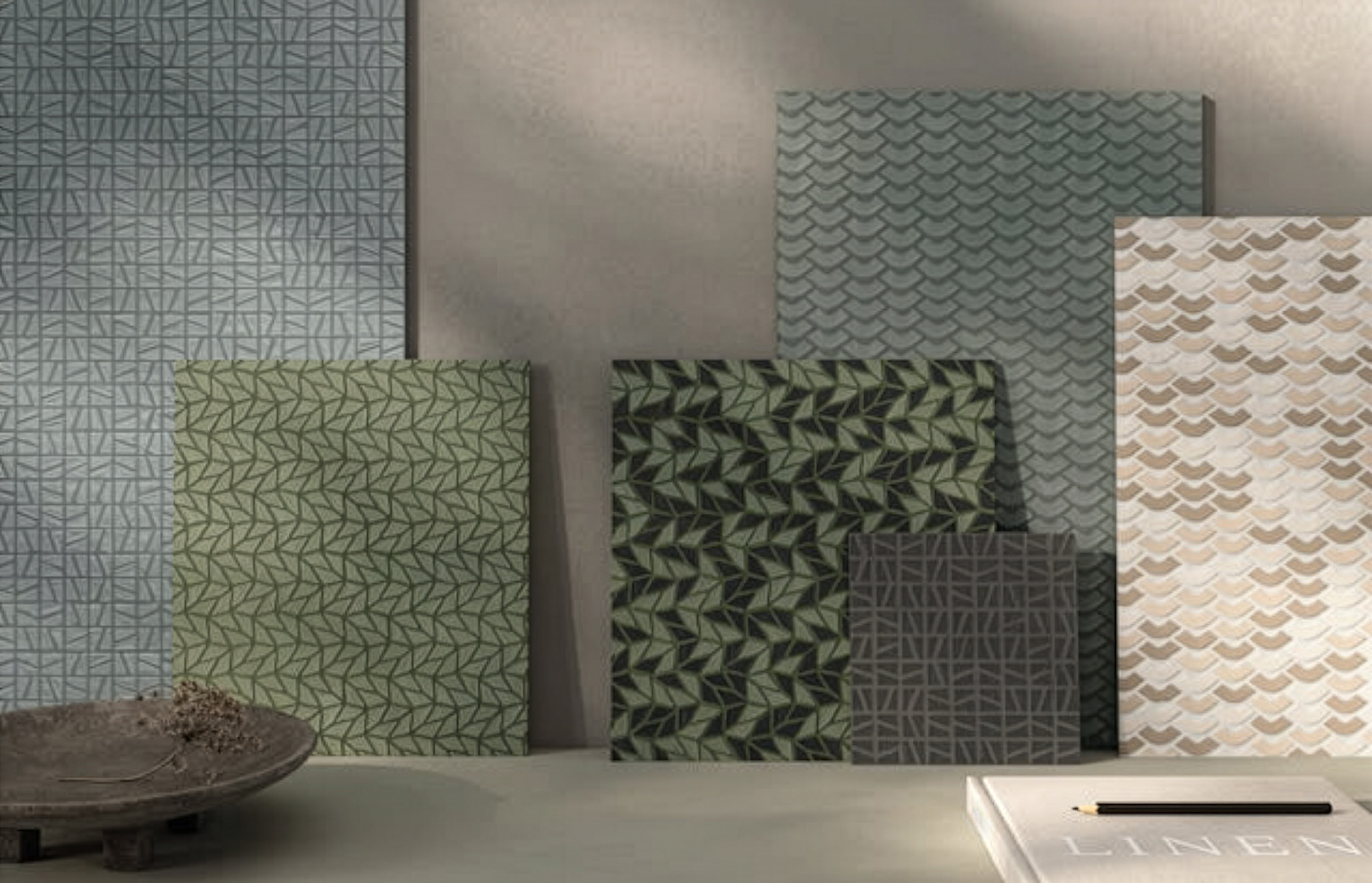Even Realities launches Even G2 smart glasses with camera-free AI functionality


Chinese company Even Realities has launched its latest AI smart glasses, the Even G2s, offering advanced functionality such as real-time conversation enhancement while avoiding the controversial technology of an outward-facing camera.
The Even G2 Display smart glasses are an upgrade of last year's Even G1s, with refined features including a teleprompter for public speaking, real-time translation, navigation and message notifications.
They also adding a new mode called Conversate, which is meant to improve discussions by popping up with contextually relevant information. This includes explaining terminology and providing background information, but can also extend to generating on-the-spot follow-up questions, captions and summaries.

All of this is conveyed on a minimal augmented-reality display, with neon green text reminiscent of an old-fashioned computer terminal, and controllable through touch via a new smart ring, the R1.
Even Realities is targeting high-powered individuals in fields such as business and politics with the glasses, which are designed to be lightweight and stylish with screwless hinges and an elevated frame made from titanium and magnesium alloy.
The glasses support prescriptions, including high diopter values of -12 to +12, and come in two styles and three muted colours – grey, brown or green.

"We know people treat their face seriously," Even Realities founder and CEO Will Wang told Dezeen. "The glasses that I wear, they need to have good fashion, a good frame, good construction, good ergonomics and also to support a good lens."
"To make a pair of smart glasses, you should also keep those same elements there," he added.
The smart glasses are partly notable for what they leave out: a front-facing camera of the kind central to the Meta Ray-Ban Display glasses, launched earlier this year.

These use the camera to take photos and videos and also to employ AI computer vision to recognise objects in the wearer's field of view.
For Wang, a former Apple engineer who worked on the Apple Watch, "not everything that's possible is necessary". He believes that given current social mores, the camera will be a barrier to adoption, potentially bringing wearers into conflict with people or venues that want to protect their privacy.
That could stop wearers from leaving their glasses on all day, as they would with their regular prescription pair, which is the priority for Wang.

"I think people will probably accept it as time goes by and more regulation is in place where people feel more safe," he said. "And companies are generally getting more responsible with data, but I think we're just not there yet."
He indicated that in the future, Even Realities might make the camera an accessory that users could snap onto the frame and then remove when they are done recording.
The company's approach to cameras is in keeping with its philosophy of "quiet tech", which it says is about creating "human-centric, design-first technology that blends into daily life".
That means features shouldn't demand attention or distract the wearer the way that smartphones do – a proclamation that has become common among technology companies looking to develop a new generation of AI-centric devices.
The Even G2 glasses work by shining micro-LED projectors into specially engineered lenses. These contain diffractive waveguides, a kind of nano-scale surface treatment that precisely directs light, effectively fanning out the tiny projected image into a crisp augmented-reality display.
External viewers are not able to see the image, and the Even G2s look much like a pair of regular spectacles apart from a slight reflective difference in the waveguide area of the lenses.

The Even R1 ring, also launching today, brings in health monitoring features as well as a touchpad that allows users to control their glasses through subtle swipes and taps. Both products connect to the user's smartphone, creating a connected ecosystem.
Even Realities is selling the G2 and R1 in Europe and the US, and says it will launch in its home country later down the line.
More than ten years after Google pulled Google Glass from sale, technology companies appear to be betting on smart glasses as a wearable device that will gain widespread adoption in the AI era.
In addition to the high-profile launch of Meta's Ray-Ban Display, there are reports that Apple, Samsung and Google all have products in development.
The post Even Realities launches Even G2 smart glasses with camera-free AI functionality appeared first on Dezeen.


















































